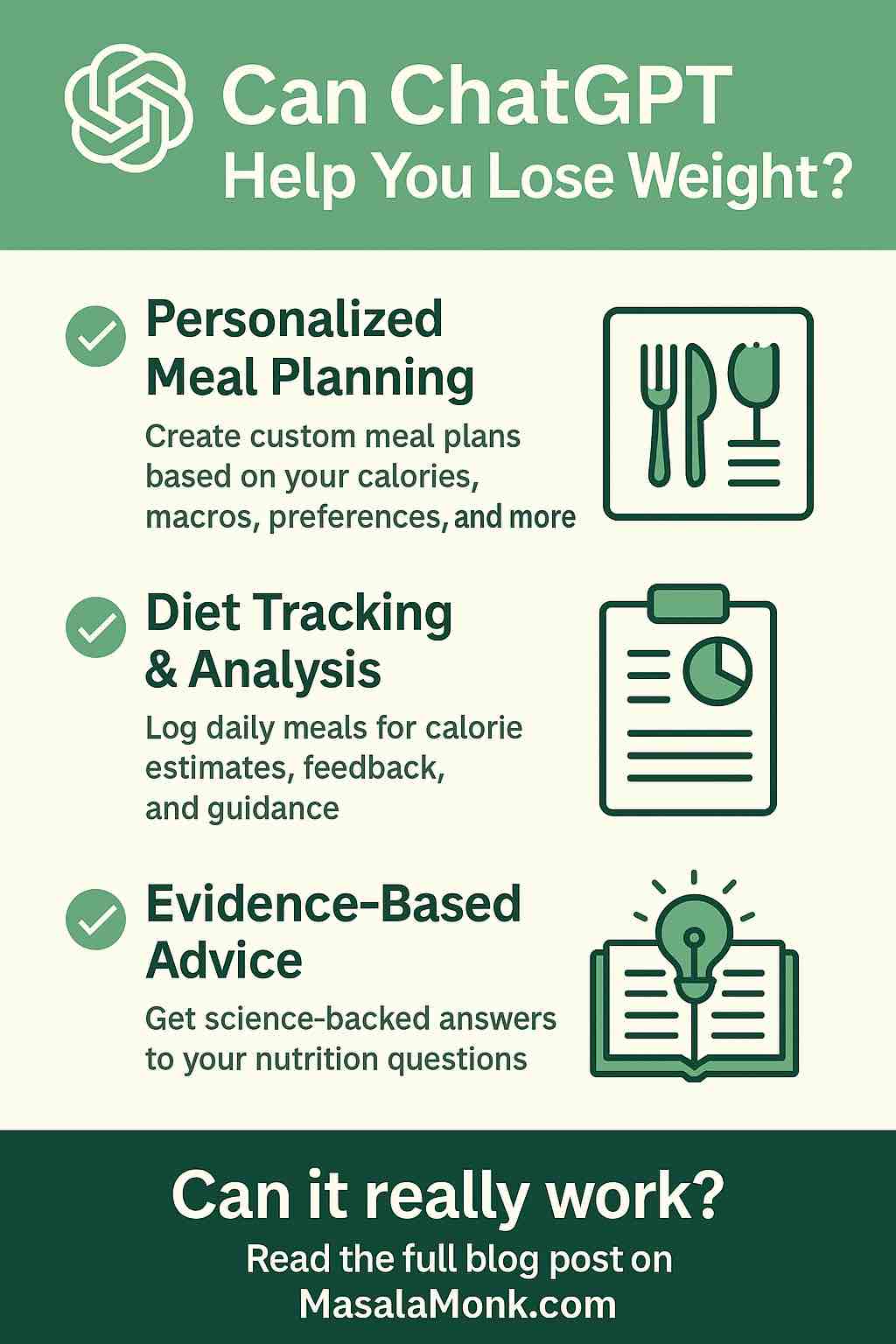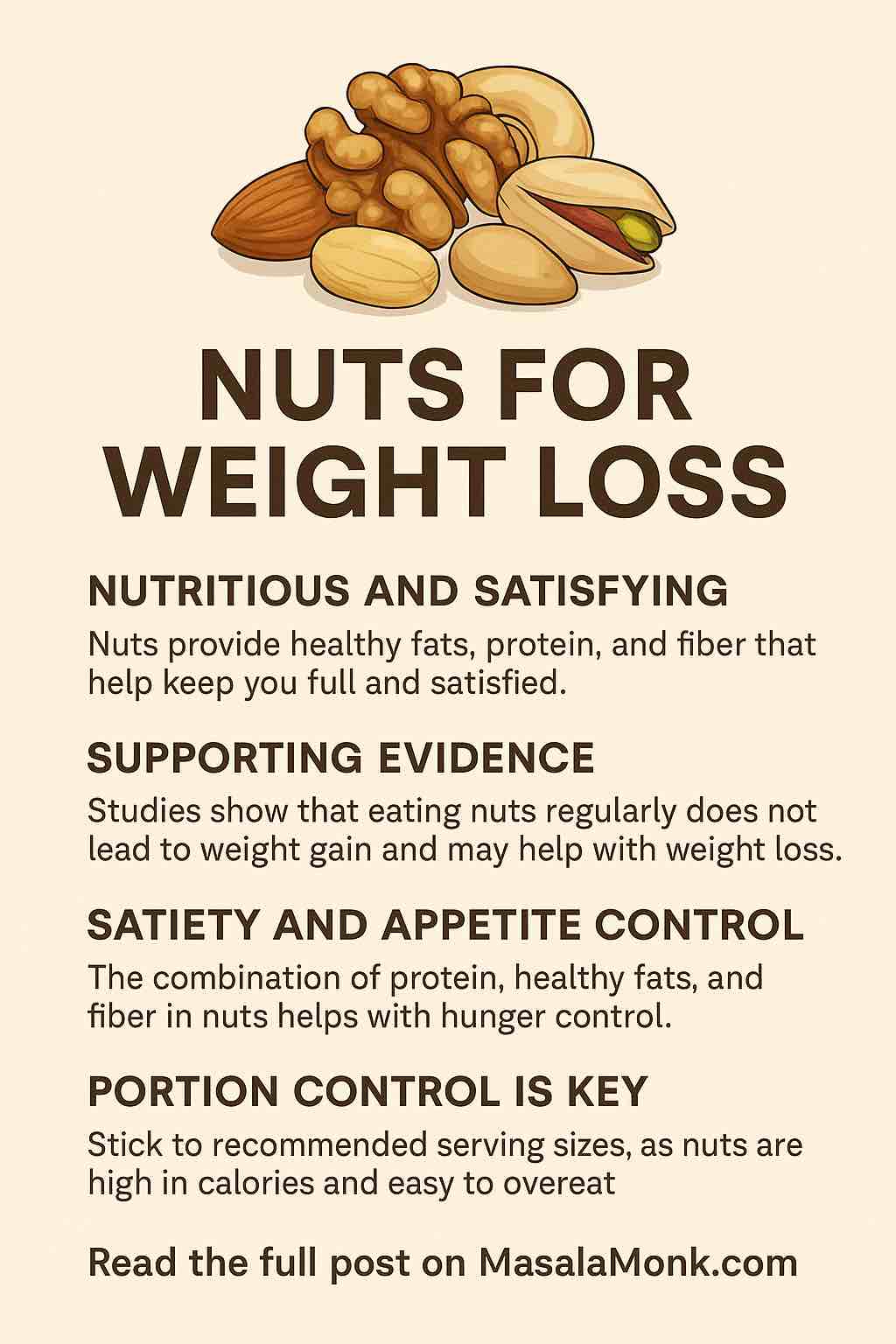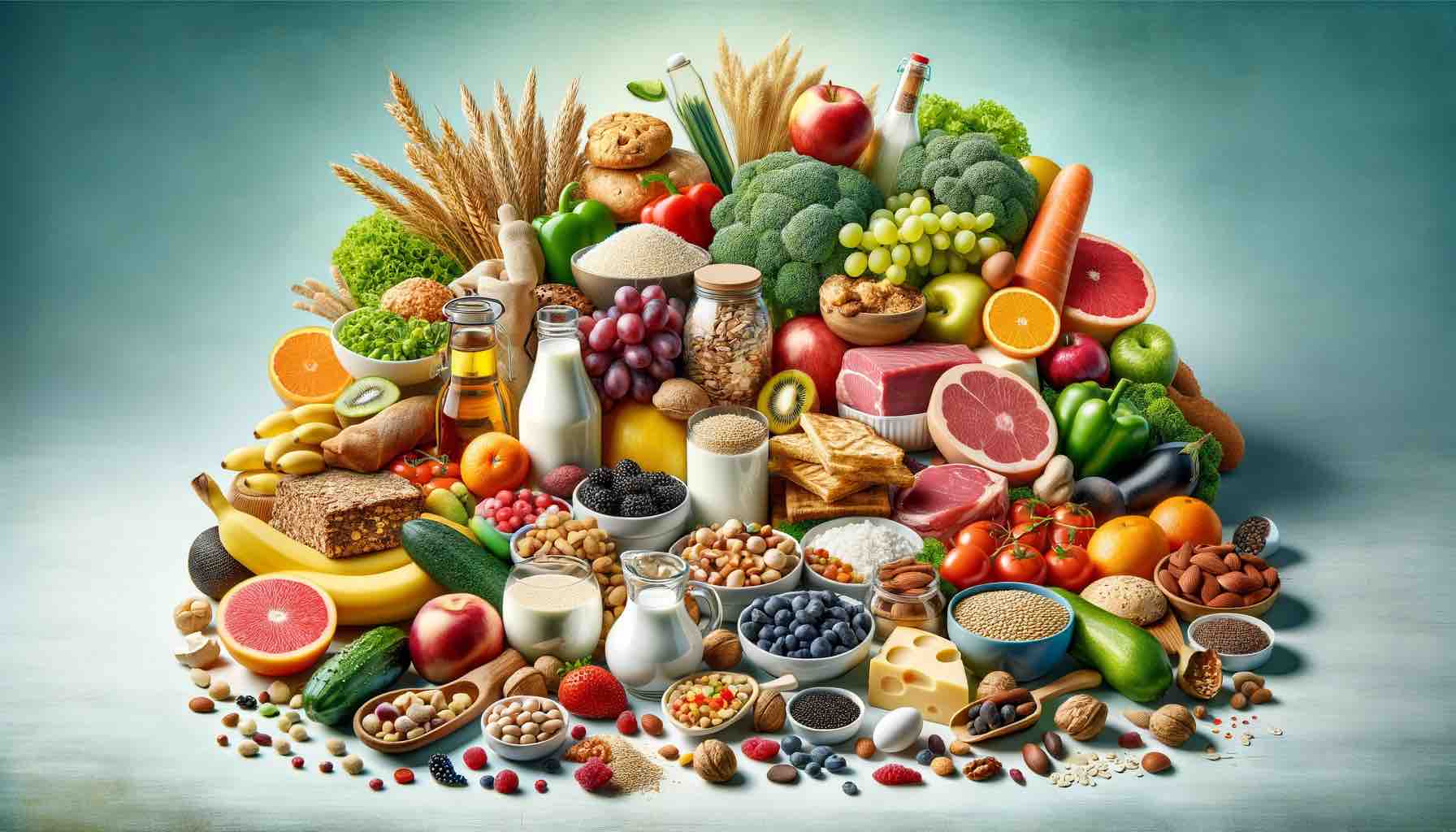
In today’s fast-paced world, personalized nutrition guidance is more necessary than ever, but access to skilled dietitians can be costly and time-consuming. Enter ChatGPT: a powerful AI assistant that is rapidly transforming how we approach food, fitness, and weight management. Whether you’re aiming for fat loss, muscle gain, or healthier eating habits, ChatGPT can function as your daily diet coach – practical, available 24/7, and tailored to your lifestyle.
Section 1: What ChatGPT Can Actually Do for Your Diet
Before diving into strategies, let’s be clear on capabilities. ChatGPT (especially GPT-4 and newer multimodal versions like GPT-4V and GPT-4o) can:
- Create personalized meal plans based on calories, macros, food preferences (e.g., vegan, keto, Indian veg, gluten-free).
- Generate accurate calorie-targeted recipes, from 300 to 2,500 kcal, complete with preparation steps.
- Track and analyze your food intake when you manually input meals.
- Identify food and estimate calories from photos (with GPT-4V image support).
- Deliver motivation and behavior coaching, including habit-building strategies and check-ins.
- Explain nutritional science in plain language to improve your food literacy.
While it doesn’t replace a certified dietitian (especially for medical conditions), ChatGPT is highly effective for general health, weight loss, and fitness goals.
Section 2: How Accurate Is ChatGPT at Diet Planning?
Recent research (2025) shows ChatGPT’s accuracy is impressive:
- Studies in Nature and Nutrients found GPT-4 generated meal plans that matched calorie goals with <10% error, especially at the 2,500 kcal level.
- In a comparison with human dietitians, GPT-4’s plans were often rated equally helpful.
- Food recognition using GPT-4V achieved over 90% accuracy for simple meals and small portions.
- GPT-4’s macro suggestions (carbs, protein, fat) were within safe ranges for healthy adults.
Where it struggles:
- Medium/large meal portion estimation via images
- Micronutrient predictions (like calcium, vitamin D)
- Complex conditions (e.g., diabetes, renal diets)
Section 3: How to Use ChatGPT as Your Virtual Diet Coach
Here’s a practical workflow to make ChatGPT your daily nutrition ally:
Step 1: Set Your Profile Prompt example: “I’m a 32-year-old male, 75 kg, 5’10”, moderately active, aiming to lose fat and build lean muscle. I prefer Indian vegetarian food. Give me a daily calorie goal and macro breakdown.”
Step 2: Ask for a Meal Plan “Create a 2,000 kcal Indian vegetarian meal plan with ~120g protein. Include 3 main meals and 2 snacks.”
Step 3: Track Intake & Get Feedback “Today I had 2 paneer parathas, a banana, dal rice, and almonds. Estimate total calories and macros. Suggest improvements.”
Step 4: Upload or Describe Meals (GPT-4V) “Here’s a photo of my lunch plate. Estimate calories and critique the portion size.”
Step 5: Weekly Review & Motivation “I missed my protein goal all week and binged twice. Give me a new strategy to stay consistent.”
Section 4: Pro Tips for Better Results with ChatGPT
- Be specific: Include portion sizes, cooking methods, and time of day in your prompts.
- Use structured logging: Consider logging meals with time stamps (“Breakfast, 8 am: 2 idlis + sambhar”) for better analysis.
- Check-in regularly: Treat ChatGPT like a coach—daily or weekly summaries help spot patterns.
- Combine with wearables: Use data from Fitbit or Apple Watch for more tailored suggestions (via third-party tools).
- Ask “why”: Don’t just follow. Ask why a food is good/bad for your goal to build long-term habits.
Section 5: When NOT to Rely Solely on ChatGPT
ChatGPT is not a replacement for:
- Medical nutrition therapy (e.g., for diabetes, hypertension, PCOS, kidney disease)
- Clinical supervision during rapid fat loss or extreme diets
- Allergy-specific advice (e.g., nut or gluten sensitivities)
Always consult a registered dietitian or physician when dealing with complex conditions.
Conclusion: Augment, Don’t Replace
ChatGPT is not a magic bullet, but it’s a powerful tool to enhance your nutrition journey. With accurate calorie generation, motivational support, and image-based meal tracking, it can become your personal accountability partner. Use it to build consistency, improve food literacy, and stay aligned with your health goals. As AI keeps evolving, your kitchen coach may be just a prompt away.
Call to Action Ready to try it out? Start by asking: “ChatGPT, what should I eat today to hit 1,800 kcal and 120g protein?”
Let your fitness journey be as smart as your phone.
FAQs
1. Can ChatGPT really help me lose weight?
Yes — ChatGPT can calculate your calorie needs, generate daily meal plans, and help you track food intake. It supports consistency and awareness, which are key to sustainable weight loss. However, it’s most effective when combined with your own discipline and (if needed) expert consultation.
2. How do I tell ChatGPT my calorie or macro goals?
You can ask ChatGPT to calculate it based on your age, weight, height, activity level, and goal. Example:
“I’m 30, 70 kg, 5’9″, lightly active. I want to lose fat. What should my calorie and protein targets be?”
3. Is ChatGPT better than free apps like MyFitnessPal?
They serve different roles. MyFitnessPal is great for automated logging. ChatGPT offers contextual understanding — personalized plans, meal ideas, explanations, and behavior coaching. Many users benefit from using both together.
4. Can ChatGPT analyze my food photos?
Yes, if you’re using a multimodal version like GPT‑4V (with image input). Upload a photo and ask:
“Estimate calories and critique portion size.”
Accuracy is good for small/simple meals but less reliable for complex or large dishes.
5. Does it work for special diets like vegan, keto, or Indian vegetarian?
Absolutely. You can specify preferences, restrictions, or cuisines.
Example: “Give me a 2,000 kcal Indian vegan meal plan with 100g protein.”
6. Can ChatGPT tell me if a diet trend (like keto or intermittent fasting) is good for me?
It can summarize the science, benefits, and risks — but it won’t replace a professional assessment. For trend-based diets, always ask: “Who is this diet not suitable for?” and consult a professional.
7. How often should I use ChatGPT for tracking?
Ideally daily or weekly. Even quick prompts like “Here’s what I ate today — how did I do?” can help build mindfulness and highlight areas to improve.
8. Can ChatGPT help me stop binge eating or unhealthy habits?
It can help you identify triggers, offer mindset tools, and build healthier routines. For deeper emotional or disordered eating patterns, professional help is crucial.
9. Is it safe to follow ChatGPT’s advice without seeing a dietitian?
For general, healthy individuals — yes, with caution. For any medical conditions, chronic illnesses, or if you’re on medications, always check with a licensed dietitian or doctor first.
10. Can I sync ChatGPT with wearables or food apps?
Not directly via OpenAI, but some third-party tools and integrations (e.g., via Zapier, Notion, or custom apps) enable this. You can also copy data manually and ask ChatGPT to analyze trends or generate insights.












